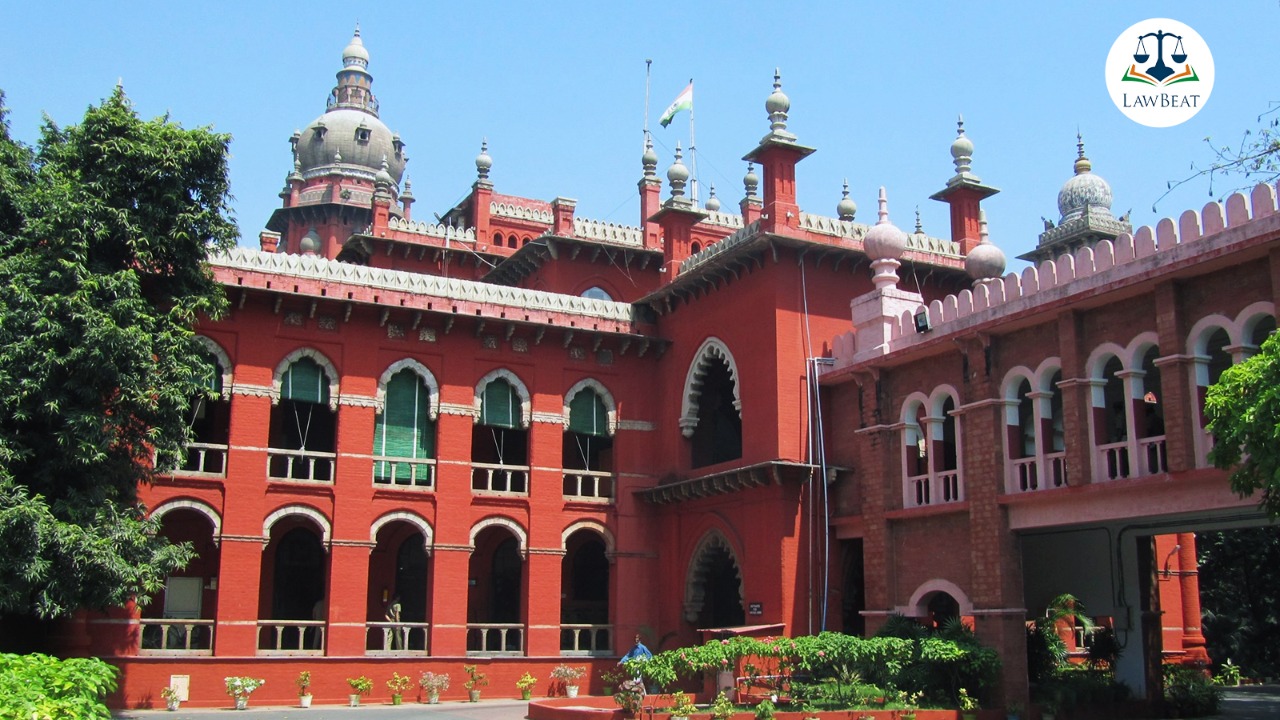News18| Equality has to commence at least after death: Madras HC calls for common burial/burning grounds

"Even in the Twenty First Century, we are left grappling with casteism and classification based on caste is made even in matters of burial of the dead," Court said while allowing an appeal against an order for the exhumation of the dead bodies not buried at the designated burial ground.
The Madras High Court recently expressed 'sincere hope' that the Tamil Nadu government will make burial grounds and burning grounds common to all communities to end the practice of having designated, caste-based burial and cremation grounds at village and district levels across the State.
The bench of Justice R Subramanian and Justice K Kumaresh Babu said, "Though 75 years have passed since independence, we are unable to break the shackles of casteism and even the secular Government is forced to provide for separate burning and burial grounds on communal lines. Equality has to commence at least when the person travels to his/her maker".
The court observed thus while dealing with an appeal challenging an earlier order of the court permitting the local authorities to exhume the dead bodies buried at a property that was classified as Vadi-Pathai (Cart Track) Puramboke, and to shift them to the designated burial grounds of the community of the appellants.
Challenging the direction for the exhumation, the counsel for the appellants argued that there is no statutory prohibition for burying the dead in a place that is not designated as a burial ground.
Referring to Rule 7 of the Tamil Nadu Village Panchayat (Provision of Burial and Burning Grounds) Rules, 1999, the counsel asserted, "What is prohibited under Rule 7 is burial within 90 meters of a dwelling place or source of drinking water supply unless it is designated as a burial ground".
Therefore, he contended that in the absence of there being a prohibition, the burial of the dead in a particular place cannot be held to be illegal.
On the other hand, the counsel for the person whose land was adjacent to the Vadi-Pathai where the dead bodies had been buried, argued that Vandhi Pathai Poramboke is a communal land and burial of the dead in a communal land is impermissible.
However, the Additional Government Pleader appearing for the State submitted that though there is no restriction on burials, it will be open to the State to prevent burial in a particular place when other convenient places are duly authorised or available.
Referring to the Tamil Nadu Panchayats Act 1994, Rules of 1999, and the Tamil Nadu District Municipalities Act, 1920, the court observed that while burying or burning of the dead in Municipal and City Municipal Corporation areas outside the areas licensed or designated as burial or burning grounds is completely prohibited, the same is not the case in a Panchayat area.
Stating that there are various customs in various parts of the State in respect of burning and burial of the dead and there are villages where there is no specific place earmarked for burial or burning, the court opined that because of this reason, the legislature thought it fit to refrain from interfering with such custom in respect of Village Panchayat areas alone.
In light of the same, the court held, "We are therefore unable to concur with the conclusions of the Writ Court directing exhumation of the bodies from the present location on the ground that it is classified as a Vandi Pathai."
Court further noted that as per the report of the Commissioner of the area, there were several dead bodies and very old graves situated in the land in question.
Therefore, stressing that there was a practice in the Village to use the land in question as a burial ground, court allowed the present appeal. However, court clarified that the fact that there is no prohibition cannot be used as a license to bury or dispose of the dead anywhere and everywhere.
"Wherever there are designated places for burial and burning of the corpse, burial and burning must be restricted to those designated places unless there is a custom in the Village or area concerned to use any other place for burial or a burning of corpses," Court held.
But before parting with this case, court made a remark regarding the prevalent casteism at the places of burial or cremation across the state. Court said that "even in the Twenty First Century, we are left grappling with casteism and classification based on caste is made even in matters of burial of the dead". Therefore, while stating that this situation has to change, court extended its hope that the government would take action regarding this.
Case Title: P Muthusamy v Mrs B Vennila
